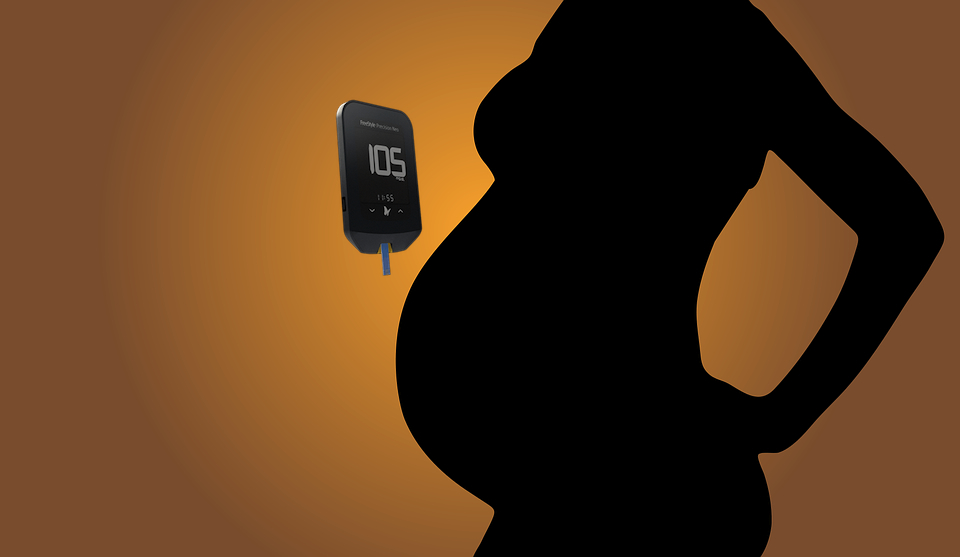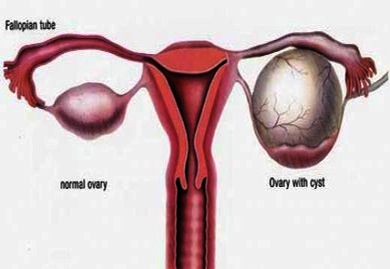
Gestational Diabetes
Gestational Diabetes: Five Facts You Should Know! By Dr. Angela
Gestational diabetes is high blood sugar that develops during pregnancy and usually disappears after giving birth. It occurs when the body cannot cope with the extra demand for insulin production – a hormone that helps control blood sugar levels – to meet the extra needs in pregnancy.
In this article, Dr. Angela, shares five facts every expectant mother should know about Gestational Diabetics.
I decided to talk about gestational diabetes in today’s blog post. Mainly because I recently came across a case that COMPLETELY blew my mind, but also because I feel it’s one of those “things” in pregnancy that folks don’t know enough about, and hence, don’t take seriously.
So the case that blew my mind……I recently had the pleasure and privilege of caring for a pregnant mom with pre-existing diabetes, poorly controlled blood sugars, and a fetus that weighed over 9 pounds at 35 weeks. YIKES!
Believe it or not, stranger things have happened. Just when I think I’ve seen it all, something else comes along that literally astounds me. Nonetheless, after caring for this patient, it got me to thinking, “Dr. Angela, what do you think folks need to know the most about Diabetes in pregnancy?” This is what I came up with.
Five Facts You Should Know About Gestational Diabetes:
- NO ONE WANTS IT. It’s that test that is typically done between 26 and 28 weeks in pregnancy. You know, the one following that 50-gram glucose load…..that sugary drink that we all love to hate…doesn’t matter whether you drink it warm or cold, it’s still equally as awful…anyway, your blood is drawn an hour later and hence the results are revealed. In my particular practice, we use 140 as the cut off; i.e., anything higher than this means you have to take the 3hr glucose tolerance test, which is actually the one that is diagnostic……3hrs waiting to have your blood drawn…..there goes the afternoon! Two abnormal values and Gestational Diabetes you have!
- Occasionally we do early glucose screening. This means that we screen you for gestational diabetes at the onset or early on in the pregnancy, as well as in the 3rd trimester as noted above. If you have risk factors, for example, are obese, non-white, have a previously affected pregnancy, history of having a macrosomic(large)baby, a strong family history of diabetes, you may be a candidate for early glucose screening.
- Diabetes in pregnancy is not without risks for the fetus. Poorly controlled diabetes in pregnancy can lead to excessive birth weight, as noted in the case I mentioned above. Preterm delivery and hence, respiratory issues with the baby. Low blood sugar in a baby could in return lead to seizures. Increased risk of the baby developing diabetes later in life.
ALSO READ: BEST WAYS TO AVOID GESTATIONAL DIABETES MELLITUS
- Diabetes in pregnancy is not without risks for pregnant moms. Moms that are diabetic are at an increased risk for hypertensive disorders in pregnancy such as preeclampsia as well as the development of diabetes in future pregnancies, and later in life. Lifestyle is everything. Diet and exercise, which is often a mainstay of the treatment of gestational diabetes should be continued even after the pregnancy is completed.
- Gestational Diabetes is NOT the end of the world. I always said that if God ever wanted to get back at me He would’ve made me a gestational diabetic. I’m so happy that he didn’t as I am the biggest baby imaginable! Doing fasting and 2-hour post-meal finger sticks surely would have been the life of me. With good glucose control, mostly via dietary choices and exercise, we can avoid a lot of the issues noted above. If we are unable to control your blood sugars with lifestyle; i.e., diet alone, we add some form of insulin to help maintain blood sugars in an optimal range. We typically like your fasting blood sugar value to be below 95 and your 2-hour post-meal values to be less than 120.
The moral of the story is this. No one wants gestational diabetes. If you do happen to get it, we will work together to ensure that your glucose control is where it needs to be in an effort to help ensure you have a healthy, happy, baby.
Hoping this blog post has imparted even a bit of knowledge.
Until Next Time,
Look Better. Feel Better. Be Better.
Dr. Angela
RECOMMENDED: TOP TIPS FOR A HEALTHY PREGNANCY
About Dr. Angela : Wife, mother, Midwesterner, and award-winning OB/GYN, Dr. Angela is equal parts best girlfriend and bold professional, supporting women’s health with innovative approaches to care and heavy doses of humor. Dr. Angela has done more than launch a successful practice, she has defined herself as a voice for a new generation of womanhood, established her ASK DR. ANGELA brand committed to authenticity, and built a community rooted in trust, candor, and compassion. Find more of Dr. Angela on her website and on her Instagram account.
GUEST POST MATERNITY MOMMY TO BE MOTHERHOOD PREGNANCY PREGNANT






